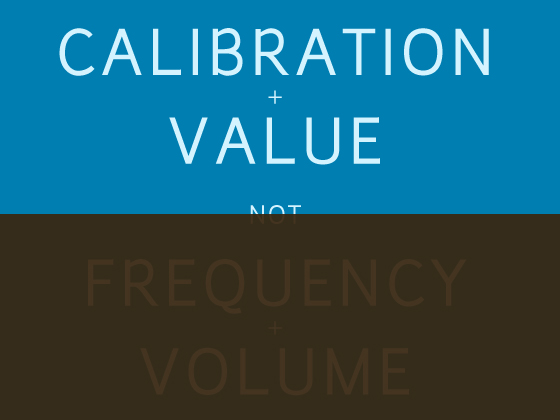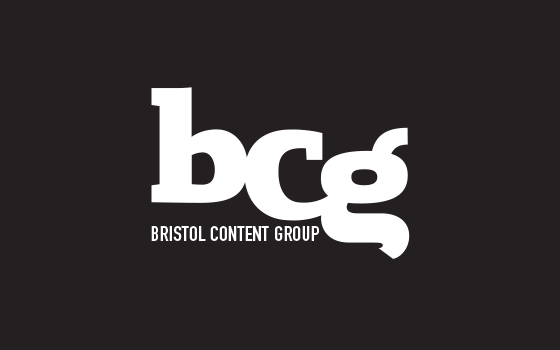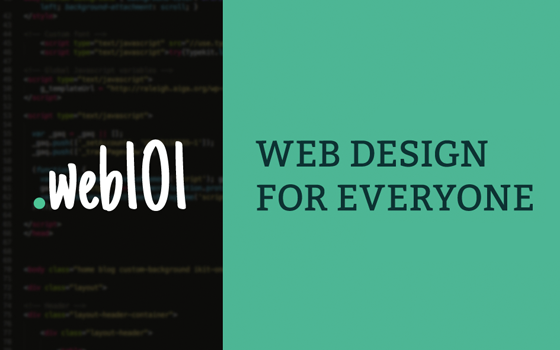
Consider this an echo to my post from July on A Value-Based Content Strategy: I really enjoyed and appreciated Tad Toulis’ Core77 post, No more feeds please! How abundant information is making us fat, which definitely touches on something I think most people are sensing- the overload not just of available information, but also the individual compulsion to create and consume more information. Anyone working in a web-related field, not to mention news and entertainment media, likely spends the majority of their time with an anxiety fueled by trying to simply keep up. Toulis compares this economy of information with industrial food, which can be simplified to a law of more is less- more calories, less nutrition, or more content, less value. He puts it well here:
“Fueled by social media sites and ever-cheaper devices, information production has continued unabated over the course of the present recession. To be sure, the widening array of voices that feed this dynamic and its democratizing effect are fantastic achievements, but undermining these accomplishments are the less admirable effects of a 24/7 media culture run rampant. Simply put, there’s too much bad stuff out there; too many points of view and way too much noise. In our ever compressed lives, where tweets and posts compete tirelessly for our attention, this hallmark of contemporary life threatens to invite a pan-global case of attention deficit disorder the likes of which no Ritalin prescription could combat.”
Questioning the value of content has been central to the thinking behind our own marketing and content strategy at Newfangled. We’ve been prolific in our writing over the past few years, but are now at the point that calibration and value are our primary concern, not frequency or volume. In my own experience online, I wish that those who operate primarily online (developers, designers, strategists, marketers, etc.) would come to the same conclusion, not just for my sake, but for their own, too. Keeping up with a realistically unsustainable pace of content creation is just not healthy, nor is it truly productive.
For a scientific take on this, check out what Jonah Lehrer has to say about the addictive properties of information.



